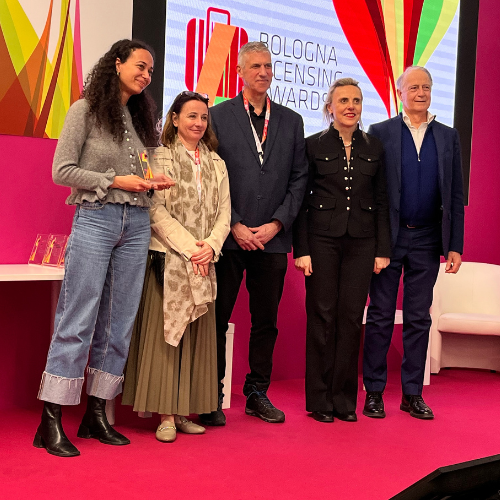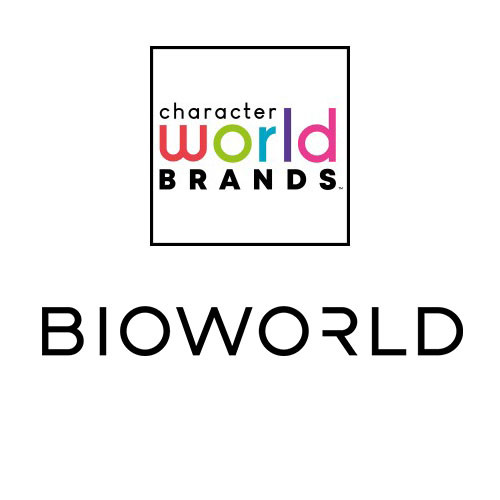Fashion UK’s Gurdev Mattu explains how millennial attitudes to ethical fibres have influenced the fashion industry.
As ethically aware millennial consumers begin to dominate spend, fashion has to change. And while higher standards of employee well-being have been achieved over the past decade, fashion must now address inherently unsustainable production practices, from the use of chemicals to excess water.
Gurdev Mattu, md of Fashion UK, explains the importance of ethical fibres, especially cotton.
Ethical Attitudes
Attitudes to and awareness of ethical trading are evolving fast – with 53% of the UK population choosing to avoid buying products and/or services over concerns about ethical reputation, according to the Ethical Markets Report 2016. As a result, the value of all ethical spending in the UK grew to £38 billion in 2015.
As a result, the market has shifted massively over the past decade, with the vast majority of retailers committed to compliance with the Ethical Trading Initiative (ETI) code, which ensures the medical conditions, facilities and health and safety of producers across the globe. The next focus, without doubt, is addressing the impact of that production process on the environment – with growing interest in sustainable materials, including bamboo, hemp, and regenerated cellulose like viscose, as well as ethically produced cotton.
And the need for better production methods is clear. Cotton products currently make up upwards of 39% of all fibre types used in the clothing and textile industry. However, in the production of 25 million tons of cotton annually in around 85 countries, conventional methods overuse pesticides, fertilisers and water: while cotton growth accounts for just 2.5% of the world’s agricultural land, it also accounts for around 10% of agricultural chemicals. The fashion industry must take a far more proactive stance towards ethically produced cotton.
Millennial Influence
And one of the drivers for change will be the attitude of increasingly influential millennials, who consider themselves to have a fair degree of accountability for many of the world’s largest challenges. The impact of millennial attitudes is easy to spot: a decade after the peak of the ‘fast fashion’, with its ‘wear once and bin’ approach, the market has been transformed. Clothes are no longer automatically sent to landfill, with millennials preferring to sell (and buy) good quality items online.
Innovative concepts are also being trialled – including rental fashion, designed to appeal specifically to this generation. According to a recent survey, 46% of 25-34 year olds wanted to take out a lease on their clothes – and the rental fashion economy has the potential to be worth up to £923 million. This is just one potential step forward in reducing consumption and ending the concept of fast fashion.
But millennials also have far more awareness of the way in which garments are produced and sourced – and whether or not they can be recycled. And this is where advances in areas such as ethical cotton production are set to dominate fashion. With concerns about the use of pesticides, fertilisers and the volume of water within traditional production, the Better Cotton Initiative (BCI) is working with farmers and NGOs to advise on more ethical production. The result is a significant reduction in chemicals, as well as better use of water resources. Cotton produced ethically is now certified to the Global Organic Textile Standard (GOTS) – and its progress is 100% traceable through the supply chain.
The next step on from this is the cradle to cradle (C2C) sustainability rating, used to evaluate the safety of materials and products for people and the environment, with garments designed to be 100% recyclable. Retailer C&A Europe recently launched the first cradle to cradle (C2C) collection.
Taking Environmental Responsibility
The key feature of this process is that while the public appears willing to pay a small premium for some ethical products, this is not always the case in fashion. However, the cost of ethically produced cotton is just a fraction higher than the traditional, chemical heavy alternatives. And, of course, as demand increases and this model becomes the norm, the price differential will vanish, removing any barrier to adoption.
There are also compelling developments within man-made fibres, especially with regards to recycling, which play well to millennial concerns regarding plastics in our oceans. Recycled polyester, for example, while still in its relative infancy, is already available on the high street. At the moment, the fabric is degraded by the recovery process, which means it has to be blended with new fibre to create a usable product, but there is little doubt this process will be perfected in time.
Additional investment by companies is continuing to improve the quality of production, from monitoring waste bi-products in areas including dying or printing, to using third-party auditors to assess and work with producers to achieve zero discharge.
Millennial attitudes to sustainability will continue to influence the fashion industry. From the ethical credentials of the original product through to recycling and resale, the sustainability of a fashion item is fast becoming an important consideration in the millennial buying process.
Gurdev Mattu is managing director at Fashion UK.





























